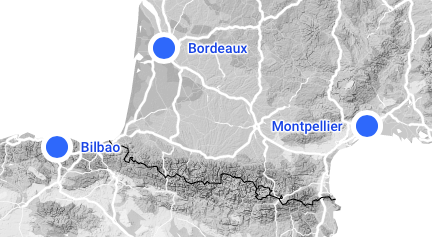
2MDS aims to gather a multidisciplinary team around the issue of certain channelopathies, a group of diseases caused by the dysfunction of ion channels or their interacting protein ions, with a special focus on the Dravet Syndrome (DS) which is associated with a severe form of child epilepsy.
The group, spread over 3 centers, includes various specialists in mathematical and experimental neuroscience, and Markovian computational modeling:
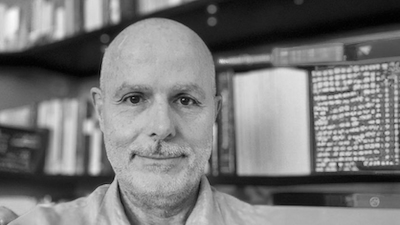
MathNeuro project, Inria branch at the University of Montpellier
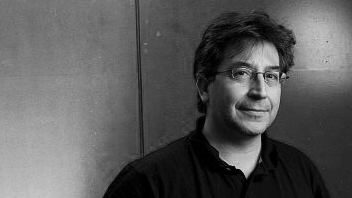
Astral project, Inria center at the University of Bordeaux

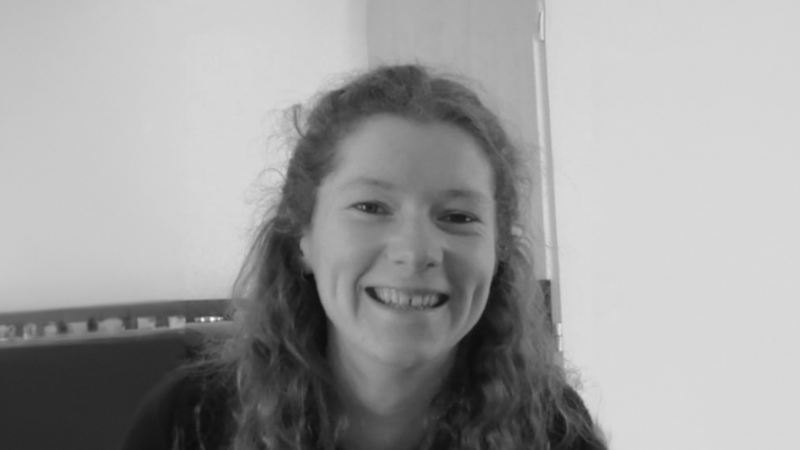
post-doc, MathNeuro project, Inria branch at the University of Montpellier
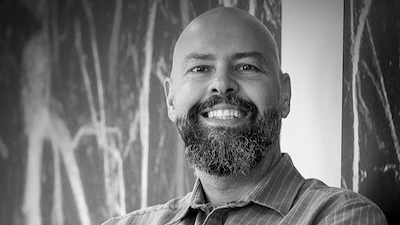
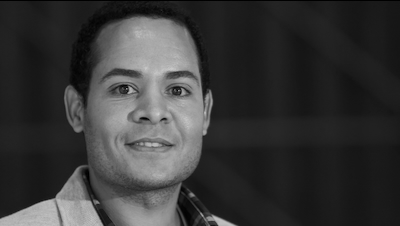
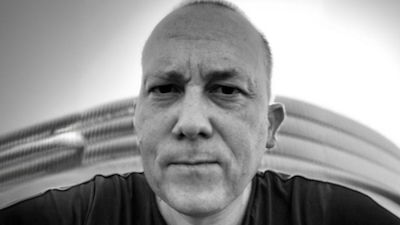
The objective of 2MDS is to develop a multiscale computational framework which integrates micro-, meso-, and macro-scale models with new methods of Monte Carlo simulation, in order to study the dynamics of neuronal systems in the context of Dravet syndrome, and to compare our multiscale model with multiscale electrophysiological experiments.
DS is a severe form of epilepsy which affects children. The majority of the children suffering from DS have a mutation on a specific gene, SCN1A, which codes for the voltage-gated sodium channel α-subunit NaV1.1. This results in an overactivity of the pyramidal cells (hyperexcitability). The elevated firing of pyramidal cells is a key element of epileptic seizures.
Several models of DS exist. In 2MDS, we will go beyond our previous work by developing a truly biophysical multiscale model targeted for DS, starting with a Markov model of NaV1.1.
See the PDF for a more detailed presentation of the project.
Agenda
- Several visits to Bilbao in 2024.
- May 2024: Louisiane Lemaire joins us as a post-doc.
- February and March 2024: Fabien Campillo, Mathieu Desroches, and Emre Baspinar have spent long periods in Bilbao.
- December 20-22, 2023: meeting at Bilbao.
- June 2023: 2MDS has obtained initial funding from Inria in the form of a 2-year Inria exploratory project [2024 & 2025] with Fabien Campillo as PI and Pierre Del Moral as co-PI. This exploratory project will focus on the mathematical and computational modeling of 2MDS.
